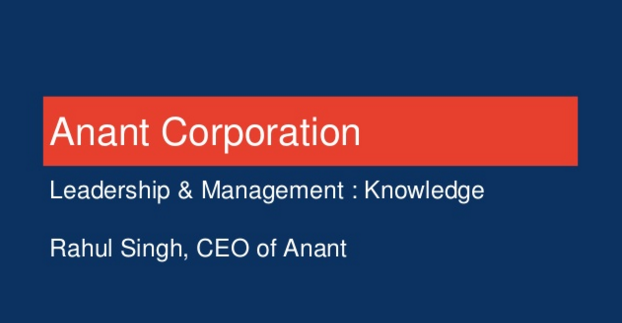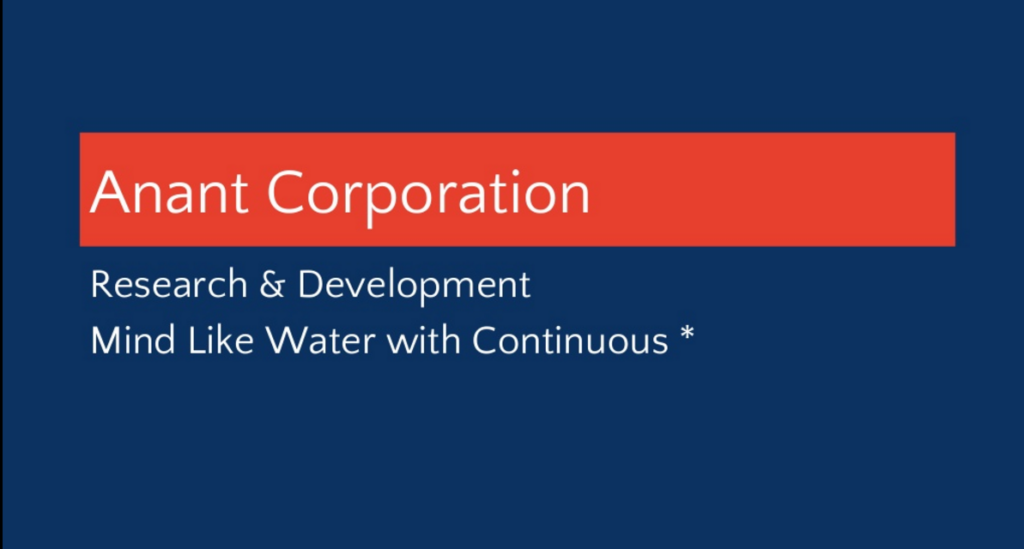Have you ever noticed yourself or your team doing tedious and often unintelligent jobs that you wished could be automated? No worries, RPA is here to help you out. Robotic Automation Process (RPA) is currently one of the most popular Artificial Intelligence applications and has caught the attention of many business strategists across various industries. Many organizations have already realized the benefits of automation and are trying to utilize RPA as a quick and effective tool to drive cost savings and improve business efficiency. In this blog post, I am going to explain what RPA is and how it can help you in your business.
Robotic Process Automation is an innovative technology that allows anyone to develop computer software, or a “robot” to emulate the actions of a human to execute a business process. In simple terms, it is a piece of software which can copy all your actions click by click and later repeat the same actions without any further assistance. Since the robot is just a piece of code, it can perform its work 365 days a year at any time of day without asking for a paycheck. Most of the RPA tools available in the market come with a powerful set of libraries which allow them to capture all the interactions with applications that take place on a local system, web, and even on remote desktops. With so much to offer, companies across different industries have started looking into RPA for optimizing cost, enhancing efficiency, and improving customer satisfaction.
As you can clearly see in the google trend graph above, the popularity of RPA has grown more than twenty times in the past three years. This should come as no surprise since Fortune 500 CEOs are openly advocating for automation and AI at workplaces. John Cryan, CEO of Deutsche Bank said in a conference:
“we won’t need as many people. In our banks we have people behaving like robots doing mechanical things, tomorrow we’re going to have robots behaving like people.”
Most Common Use Cases of RPA
RPA can be implemented in many tasks but it is best suited for rule-based processes that are clearly defined, well documented and repeatable. It’s also well-suited for processes that don’t usually go through many changes. Some of the more prominent examples of such processes are:
-
- Software installations
-
- Data migration and entry
-
- File and data manipulation
-
- Periodic report preparation
-
- Customer onboarding
-
- Employee onboarding
-
- Creating and delivering invoices
-
- Compliance reporting
-
- Shipping notifications
-
- Generating mass emails
Benefits of RPA
Here are the top five benefits of using RPA in your business:
- Cost Savings
One of the biggest advantages of RPA is the immediate and significant reduction in time and money spent performing operational jobs. As per an estimate, RPA reduces the cost of transaction processing by 80%.
- Efficient & Reliable
RPA significantly improves the efficiency of enterprises by eliminating the chance of error, which is often high when performed by human counterparts.
- Easy to Use
RPA products usually come with drag and drop GUI (graphical user interface) features which are very easy to work with and usually don’t need any additional experience programming.
- Improve Productivity
By automating the repetitive and non-intelligent jobs, RPA allows employees to be more productive and help them to focus on value-adding tasks that require complex human thoughts.
- Improve Customer Satisfaction
By improving service quality, faster delivery time, and round-the-clock availability, RPA significantly enhances the customer experience.
Although RPA can be used in any organization and industry, it is best suited for automating businesses which involve a particularly high volume of manual, and repetitive tasks, which makes it ideal in the areas of clerical and screen-based jobs. Listed below are some of the industries that can strongly benefit from using RPA.
Financial Services
Financial service providers have to deal with massive amounts of data and documentation on a day-to-day basis. With such a large number of documents, the banking industry needs to find a way to effectively and securely manage the processes related to the aforementioned documents. From simple processes like deposits and transfers to complex workflows, robotic process automation can effectively transform this transaction-laden industry into one that is fast, effective and reliable. This will not only help in providing faster customer service but it will also make the lives of those who work behind the scenes much easier and more efficient.
Insurance
Almost every insurance company, whether they are providers of health insurance, car insurance, property insurance, or travel insurance, is massively overwhelmed with back-office processes. Insurers regularly handle claims-processing and underwriting as well as providing policy quotes. Automation technologies such as RPA can help them streamline their business processes and increase their ability to manage tasks across multiple platforms with ease. It can also provide the scalability necessary to deal with the changes and challenges the industry faces on a regular basis.
Business Process Outsourcing
The key to success in the outsourcing industry lies in keeping the cost of operation as low as possible while delivering the fastest and most efficient services to the client. With humans who are prone to mistakes and error, there are limits which simply cannot be overcome. RPA, on the other hand, can provide the same services with zero errors at a much-reduced cost.
Health Care
The administrative side of healthcare involves mountains of paperwork and repetitive tasks such as patient scheduling, claims processing, data entry, and billing which are still mostly handled manually. RPA can automate these processes and allow them to focus on patient care, which is their core focus area.

What do you think about Robotic Process Automation? If you are planning to implement it in your business and have questions, feel free to reach out to us at solutions@anant.us.



